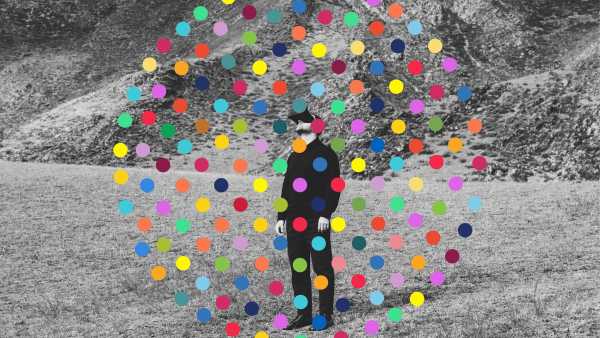
In the first place is a headache remedy.
During the months of the pandemic, the Russians developed a very alarming habit: to buy medicines, consulting with Dr. Google. Consulting real doctors for many of us has become a real luxury. However, if something is wrong with health, everyone now has the Internet at hand. A study conducted by Google together with the analytical agency Kantar showed that Russians even more believed in online sources when choosing over-the-counter drugs.
The obvious and probable: topics related to health and medicine this year interest consumers of search engines much more than in the past. Every day, about 140 million (100 thousand per minute) such requests for global computer intelligence are received – this is 20% more than last year, not overshadowed by a pandemic. A study conducted among 1,821 respondents over the age of 18 showed that each first buys something from over-the-counter drugs in the categories “cold and flu drugs,” “neck, back or joint pain drugs,” “headache drugs,” “allergy drugs,” “anti-smoking drugs,” “vitamins.” In addition, consumers have become much more likely to see health-related videos on YouTube (2.4 billion views this year).
Doctors will probably not like the fact that, on advice from the Internet, patients began to buy much more often – every second person interviewed admitted that he made a decision to buy the medicine, having crossed the sources online. In addition, in the spring of this year, the country was allowed to sell over-the-counter medicines online, which consumers took advantage of with great pleasure. Last spring, interest in online pharmacies grew by 230%. And yet, while most buy over-the-counter medicines from offline pharmacies. But! – At the same time, a quarter of customers continue to search the network from a mobile device while in the pharmacy!
According to the study, 68% of survey participants sought detailed information about symptoms or disease before buying the medicine. Most often, traditional medicine was of interest (one in three respondents trusts it). One in five googlits the causes of the disease. About the same number of respondents are concerned about prevention. In addition, users often wonder how to recognize the symptoms of certain diseases, how serious they are and whether they talk about the severity of the condition. It seems that Russians have the most information about the headache – there is almost no doubt, so almost all surfers immediately look for information about medicines and their cost. Alas, questions about whether to visit a doctor before starting treatment are much less common for Russians (14%). Even less often (12%) try to improve by alternative methods.




